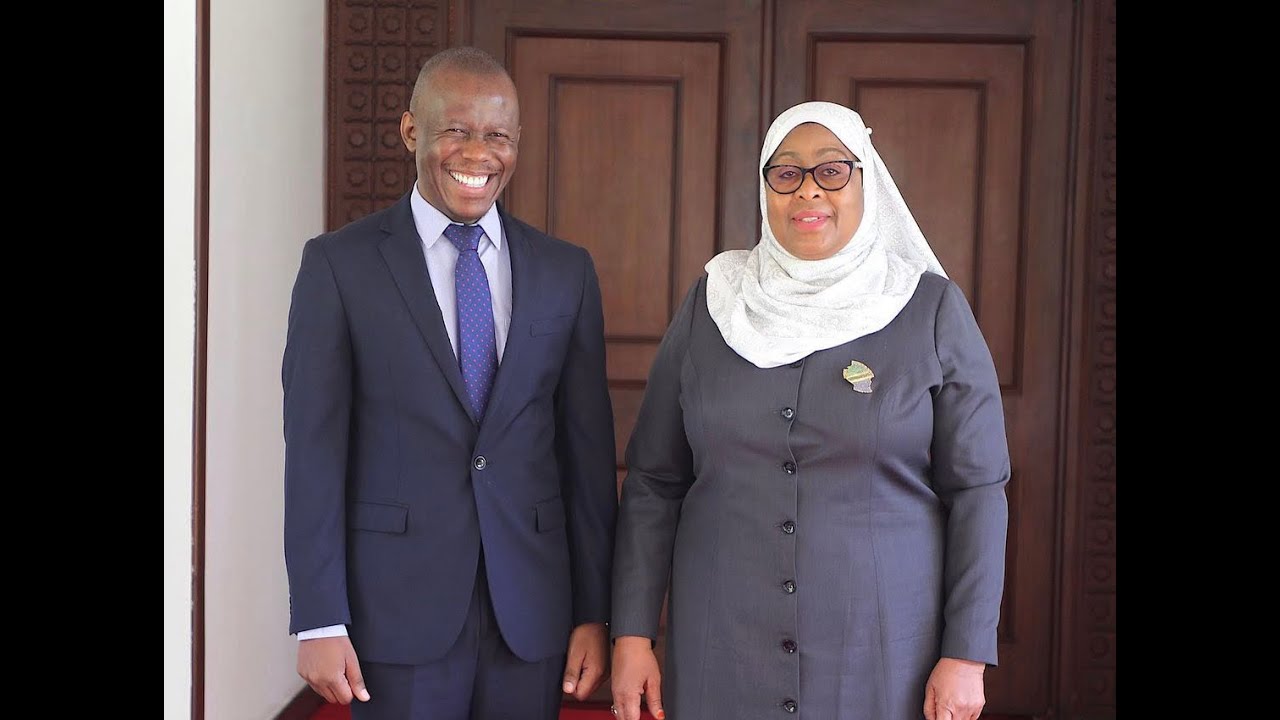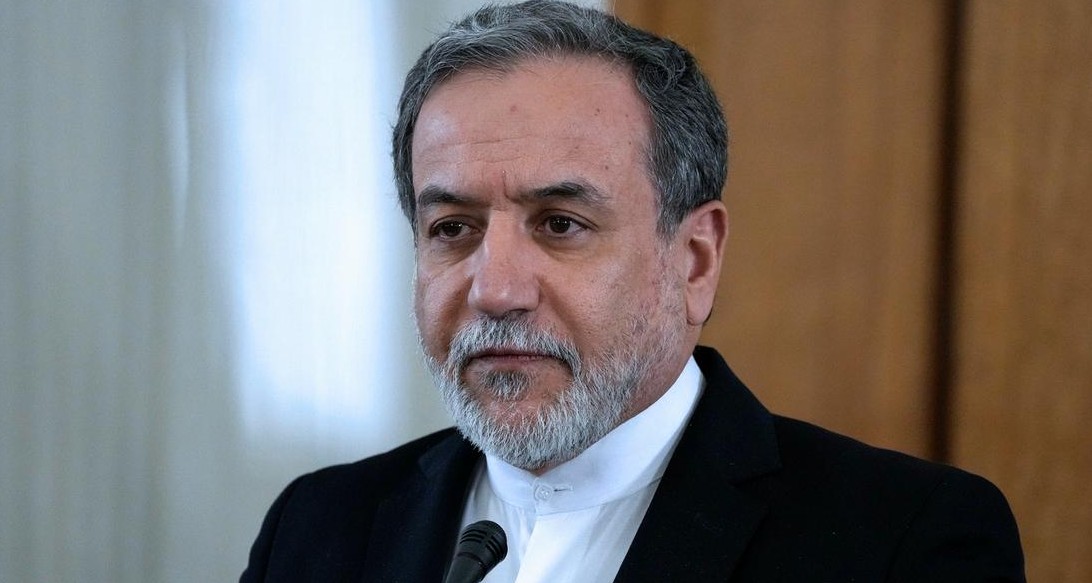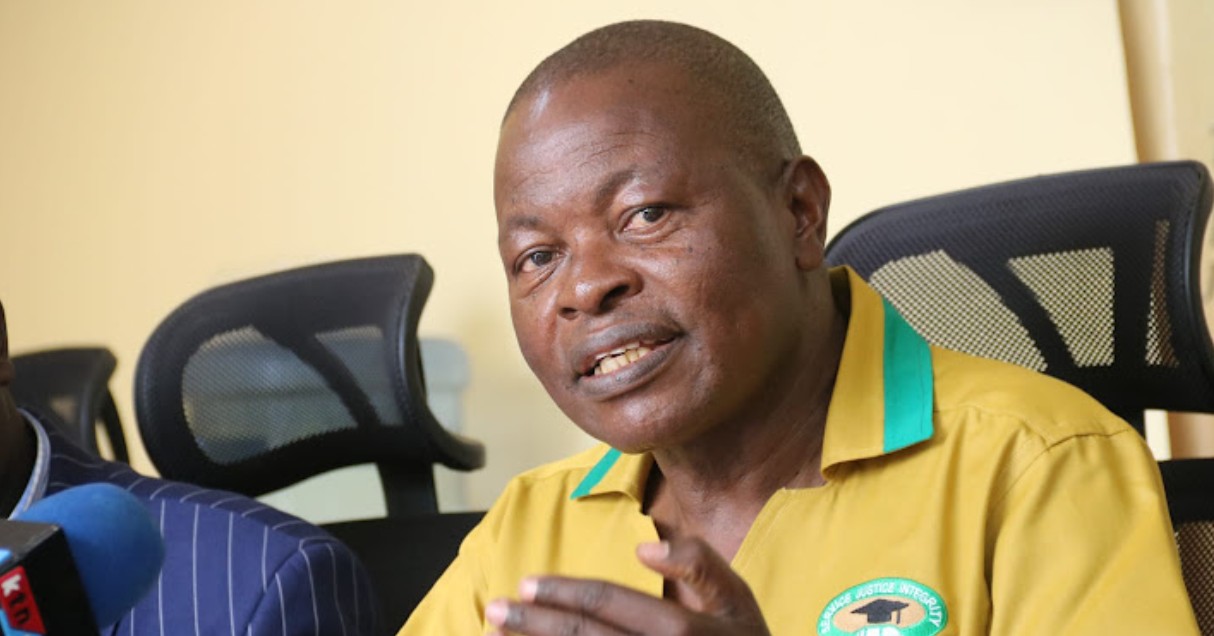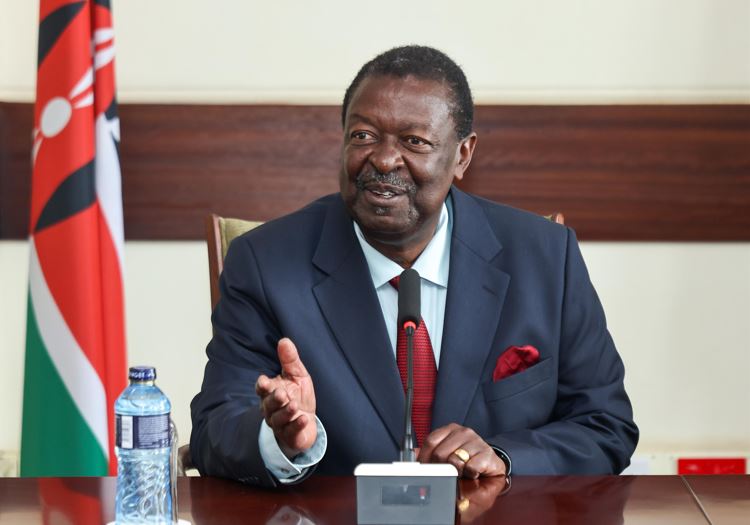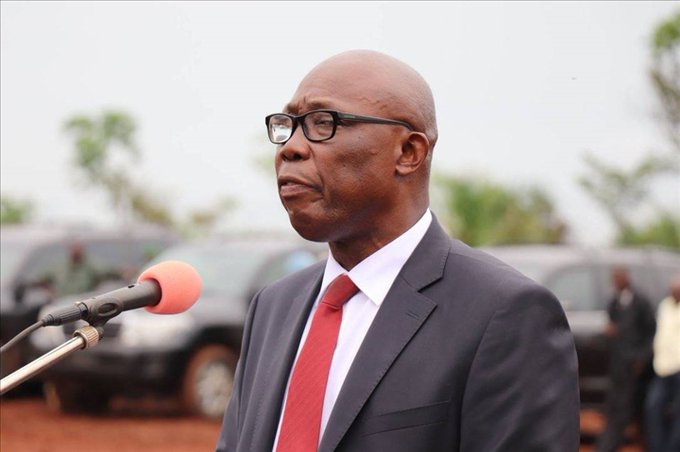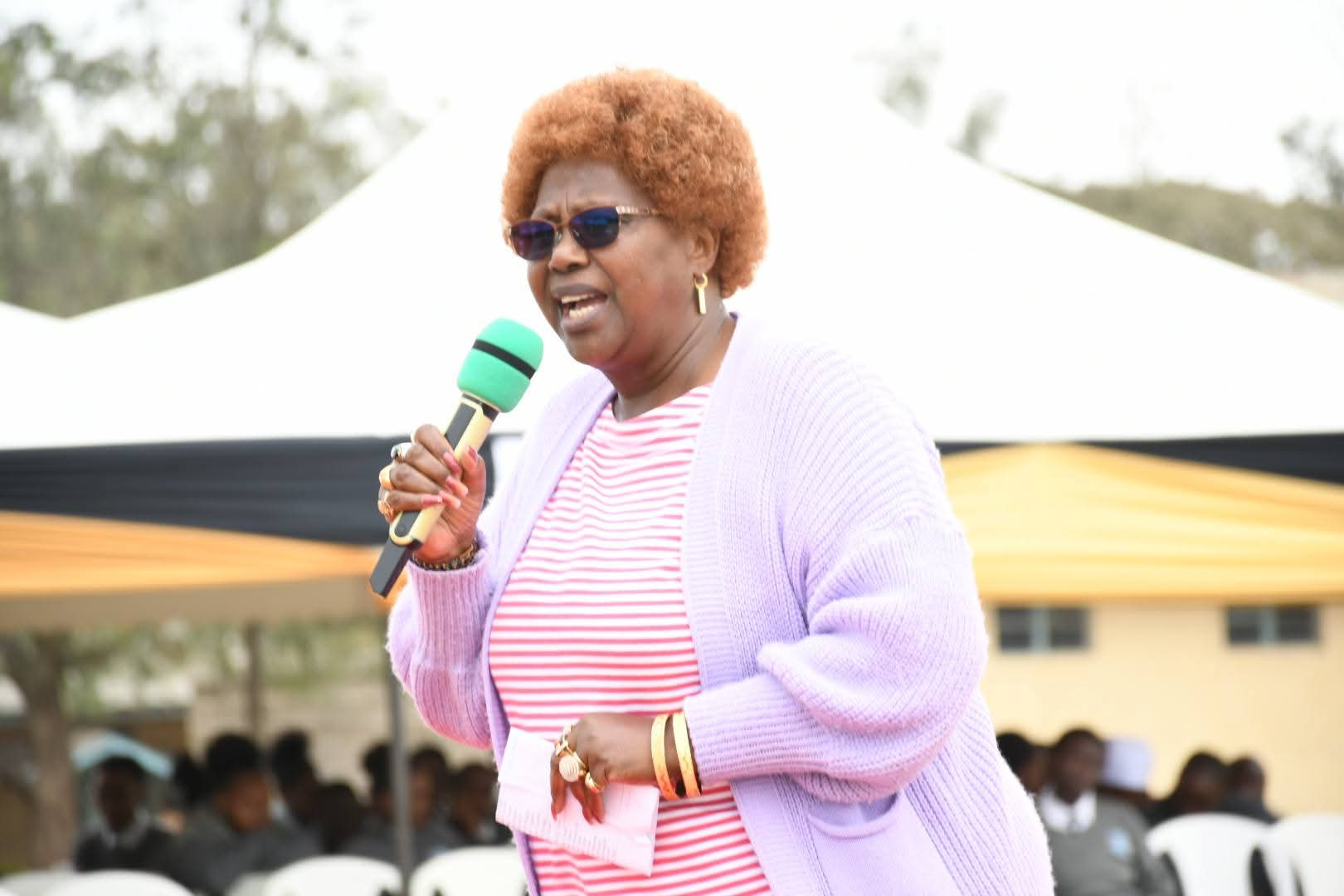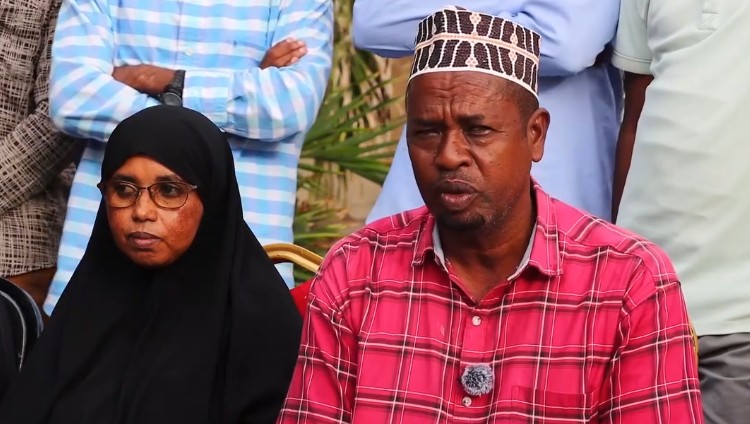Showdown looms as 10 governors defy Senate summons to discuss county funds use

The committee noted an increasing trend where governors consistently fail to honour such invitations, often requesting postponements without valid reasons.
At least 10 governors have ignored summonses and invitations by Senate committees to account for the management of funds in their regions.
The Senate County Public Accounts Committee (CPAC) has accused governors of frequently skipping sessions and seeking unjustifiable postponements, hindering oversight efforts.
More To Read
- Mercy Mwangangi to face Senate over Sh9 billion SHA debt to counties
- Senate slashes county executive spending by Sh10.34 billion
- Nairobi, Narok, Kiambu lead in county revenue collection as Tana River surpasses target
- Revenue talks stall as Senators warn of crisis in counties
- Counties cry foul over Sh405bn budget, demand Sh536bn to avert crisis
- Senate uncovers Sh7.6 billion scandal in stalled county projects and wasted funds
The committee noted an increasing trend where governors consistently fail to honour such invitations, often requesting postponements without valid reasons.
“This frequent request for postponement of meetings has greatly derailed the effective discharge of committees’ mandates, thus negatively impacting the oversight mandate of the Senate,” CPAC Vice Chairperson Samson Cherargei said.
The governors who are in a spot are George Natembeya (Trans Nzoia), Hillary Barchok (Bomet), Joseph Ole Lenku (Kajiado), Anne Waiguru (Kirinyaga), Irungu Kang’ata (Murang’a), Muthomi Njuki (Tharaka-Nithi), Simba Arati (Kisii), Ken Lusaka (Bungoma), Mohammud Ali (Marsabit), and Gideon Mung’aro (Kilifi). They were summoned to respond to audit queries involving millions of shillings in unaccounted-for expenditures.
Fines, arrests
In response, senators have called for stricter measures, including fines of up to Sh2 million and the possible arrest of governors who fail to cooperate.
During a recent appearance before CPAC, Kisii Governor Simba Arati objected to discussions on audit reports for the financial years ending June 30, 2022, and 2023. He cited a ruling by Justice Jairus Ngaah, which emphasised that constitutional timelines outlined in Article 229(4) and (8) must be adhered to.
“The fact that we came and brought in the documents, we were ready to continue with the report as it were, but the fact that there was that ruling is what we were taking the precaution of so that we don’t offend the Constitution and the court ruling,” Arati said.
Despite his initial objection, he later agreed to proceed with the session.
Justice Ngaah’s October 1, 2024 ruling stated that where constitutional timelines for audit reports are violated, any decisions arising from such reports are invalid. The ruling quashed a 2023 report by the Nairobi County Assembly’s Select Committee, saying it had been considered beyond the set timelines.
Article 229(4) requires the Auditor-General to audit and report within six months of the end of a financial year, while sub-section (8) mandates Parliament or county assemblies to debate and act on the report within three months.
Governor Arati argued that Auditor-General Nancy Gathungu should have completed Kisii County's audit by December and submitted it to the Senate for consideration by March.
However, CPAC Chairperson Moses Kajwang’ defended the Senate’s process, stating that delays were due to county executives failing to submit documents on time. He pointed out that Parliament received the reports on March 21, 2024, and that Kisii County presented its documents in January, well past the statutory deadline of September.
Acted within timelines
“Parliament has acted properly within its timelines, and therefore if there was to be a crisis, it would be a self-inflicted crisis by the Kisii County government,” Kajwang’ said.
Nairobi Senator Edwin Sifuna also criticised the governors’ reliance on the court ruling, stating that it was not intended to shield them from accountability.
“You cannot injunct processes of Parliament. It could not have been the intention of the court to allow governors and counties to escape scrutiny by representatives of the people,” Sifuna said, adding that MPs would seek a review of the ruling.
On the other hand, Cherargei termed the ruling as “judicial overreach”, suggesting it attempted to rewrite how the three arms of government operate. He warned that the decision could disrupt parliamentary oversight functions.
While senators agree with the constitutional foundation of Justice Ngaah’s ruling, they intend to seek a structural interdict to ensure past reports falling outside the prescribed timelines can still be processed.
“It is good to have this conversation so that it can provide guidance to the other governors who might assume they can use a legal loophole to run away from accountability,” Kajwang’ said.
Top Stories Today
